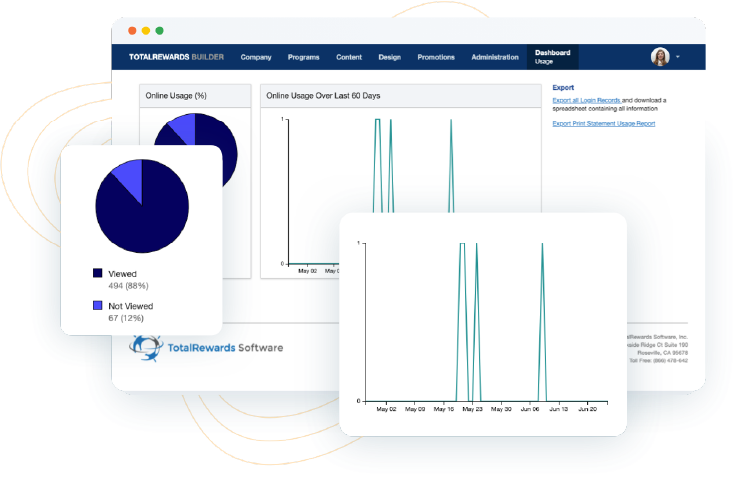Job shopping used to be done by flipping through the classified ads, scouring town for “Now Hiring” signs or via good old-fashioned word-of-mouth. Not anymore. Nowadays, job seekers have the power, and employers don’t have the luxury of sitting and waiting for top talent to come in and ask for an application.
HR and talent acquisition are now consumer-driven fields. The job market is as open as it’s ever been, giving top talent the freedom to be as choosey as they wish. They’re like shoppers who won an all-access pass to the world’s largest shopping mall, and talent-hungry companies are the empty department stores waiting to see if the shoppers will flock through their doors.
Similar to the modern day consumer, who is over halfway down the sales funnel before speaking to a sales representative, modern day talent is much more self-sufficient and knowledgeable thanks to rises in wireless connectivity and mobile devices. And like today’s salespeople, employers, HR departments and talent acquisition teams are forced to meet their prospective employees head-on with tools that help drive them to accept an employment offer or commit their future to their company.
Today’s job seekers are also hitting the market with different skills, mindsets, values and motivators than their predecessors. The workforce is younger, more tech savvy and values the intrinsic gains of experiences like traveling, exercising, eating healthy and donating to charity as much as, if not more than, the financial gains of a salary or benefit package.
This younger generation of talent also has evolved expectations for what “work” is. These candidates and employees have grown up being inundated with the stories of how behemoths like Apple and Facebook rose to the top or how niche startups like Uber gained momentum. They’ve seen these companies grow from the ground up, seen their brands become icons in the cultural zeitgeist and consumed their success stories through the TV through movies like “Jobs” and “The Social Network” and shows like “Silicon Valley.” In addition to being inspiring examples of organizational innovation and culture-building, these companies empower talent to approach their career as an opportunity to be creative, make a difference and think outside of the box.
What the Consumerization of HR Means for Employers
The consumerization of the career implores HR teams to approach key processes like recruiting, engagement and retention from a consumer-oriented standpoint. The process of hiring employees has evolved to become a process of selling them on a career, not just a job. Employment notices have taken on the provocative and eye-catching forms of consumer ads, evoking innovation and creativity over the nuts and bolts of a job description. Online platforms like Twitter and LinkedIn are tailor-made for this consumer-oriented approach to recruiting. Talent acquisition teams have ample opportunity to leverage these high-traffic platforms to engage prospective employees and start the application process with the click of a button.
For candidates, finding a job is now as seamless as ordering a pizza or buying new shoes. The workforce’s newfound mobility saddles HR teams with the challenge of expanding talent sourcing efforts while making the process easy and intuitive for prospects. Recruiting platforms like CareerBuilder and Indeed are helping them keep pace with mobility trends, however. Modern apps enable candidates to streamline their job search no matter where they are in the world.
In the office, the wonders of IoT give employers the ability to gain impactful insight into their workforce. Tools like mobile devices, fitness trackers, employee and candidate portals and even VR shed valuable light on employee behaviors, interests and motivators. Gathering this quantitative data helps employers develop a new understanding of the workforce that is key to optimizing HR strategies and tactics going forward.
HR teams can only work with what they’re given. Right now, they’re given a historically large pool of talented candidates, a massive lineup of organizations competing with them for talent, and, perhaps most importantly, a workforce culture that is driven by the consumer. Technology gives employers an obvious opportunity to optimize HR and talent acquisition strategies, but technology alone is simply a tool held in idle hands. Leveraging the consumerization of the career into major human capital gains requires an end-to-end understanding of how technology tools and trends like IoT fit into your larger organizational strategy. The culture surrounding the workforce may have changed but the need for the right candidates certainly hasn’t. It’s time for HR teams to find ways of adapting.
Have ideas on how HR can leverage the consumerization of the career into productivity boosts, recruiting successes, cost savings and more? Tell us, and we’ll make sure the rest of the HR community sees your ideas, too.



